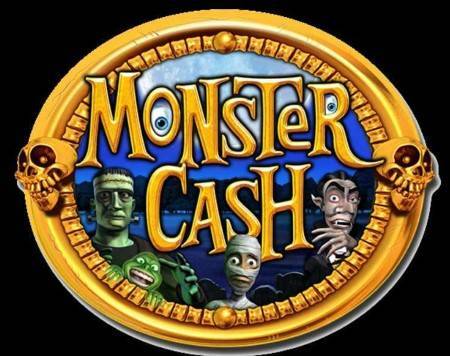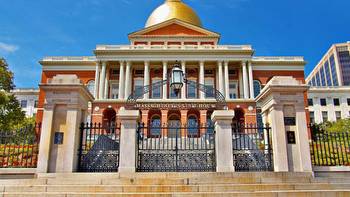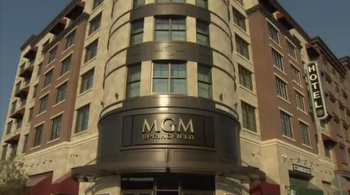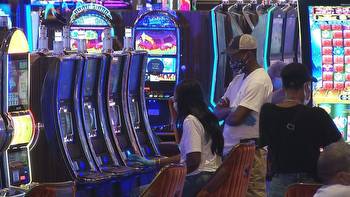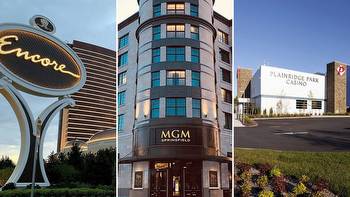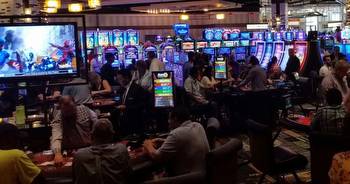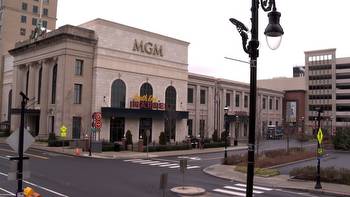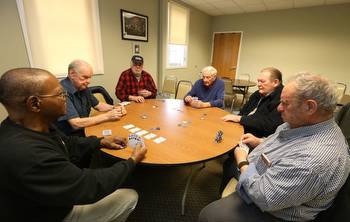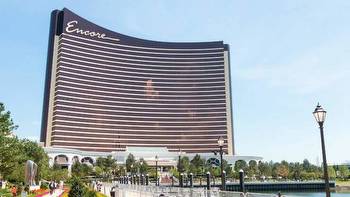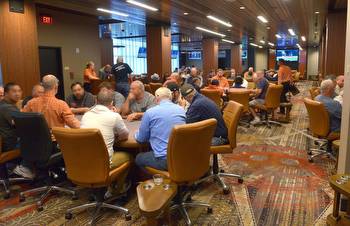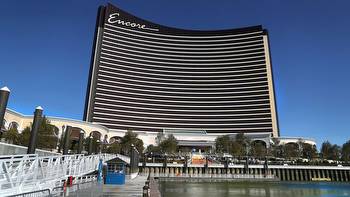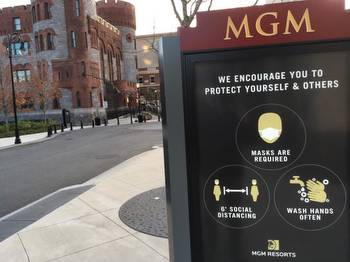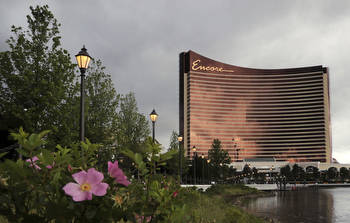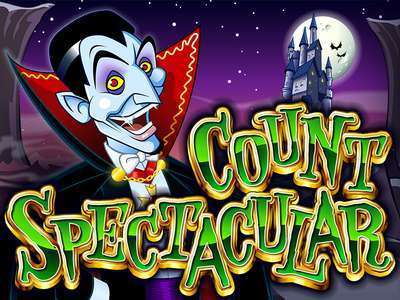Why have casinos stacked the deck against poker?

Massachusetts’ two casinos got the OK to fully reopen several weeks ago, but neither has yet to reintroduce poker, and now both players and gaming regulators want operators to show their cards.
Bruce Band, the assistant director of the commission’s Investigations and Enforcement Bureau, told commissioners Thursday that complaints about the absence of legal poker in Massachusetts “have increased tenfold in the last two weeks.”
“Basically people (are) saying if the properties aren’t going to offer poker, we should establish poker parlors, which we explained the statute doesn’t allow for,” he said.
Apparently, the state only has room for one parlor game.
Poker was prohibited when the Gaming Commission first allowed Encore Boston Harbor and MGM Springfield to reopen last summer but unlike craps and roulette, neither casino has asked the commission for permission to restart the game.
Initially, both casinos said poker wouldn’t have been a profitable venture under commission rules that only allowed four players at a table.
But with that limit now lifted, casino officials indicated in May they’d announce a decision on whether to bring poker back by the end of 2021.
Obviously, they’re in no rush to start playing Texas Hold’em.
But why are they holding their cards so close to the vest when it comes to poker?
“We probably should pursue a few questions down the road, so stay tuned,” Gaming Commission Chairwoman Cathy Judd-Stein said Thursday, adding that she had asked the commission’s legal department to look into the issue as well.
Commissioner Enrique Zuniga agreed and said the rationale for not offering poker is “something that we might want to hear in more detail at a future meeting from the licensees.”
“I would be very curious to see what they have to say,” he said. “Clearly, if the public is asking for it and that was something that was initially promised as an option, I think that’s worth inquiring.”
Obviously, the commission could do more than just inquire. As the grantor of these two casino licenses, it holds all the cards.
So, what’s the deal?
Aside from awaiting a decision on legalized sports betting, staffing issues – like every other hospitality concern faces – might weigh heavily on resuming poker operations.
For example, Canobie Lake Park is another mass entertainment venue having difficulty finding workers.
Lack of staff, due to a 25% to 30% drop in new-hire applications from pre-pandemic levels, forced the Salem, N.H., amusement park to operate on a Wednesday-Sunday schedule.
Back in June, the three gambling venues mentioned that labor shortages have precluded a total return to pre-pandemic levels.
Encore reported having 200 table games and all of its slot machines open, while MGM Springfield had its table games fully open but only 80% of its slots.
Plainville slots parlor had been slower to activate machines due to a “little bit of a staffing shortage.”
Staffing issues were also cited as the reason Encore scratched the planned soft opening for its nightclub Mémoire.
And when the commission convened a meeting with casino and slots parlor operators to discuss the lifting of restrictions, gaming executives told regulators they were having a hard time filling some positions, especially food and beverage openings.
“It remains a challenging hiring environment,” Plainridge Park General Manager North Grounsell said at the time.
We understand why such a labor-intensive industry would have problems finding workers, especially when state and federal unemployment stipends offer ample inducement to stay home, but casino operators owe the Gaming Commission — and the public — an explanation why poker remains lost in the shuffle.







